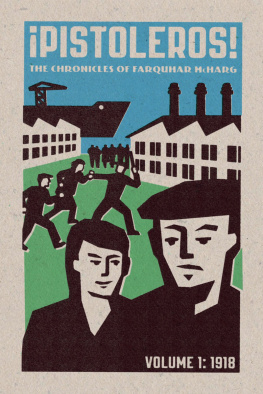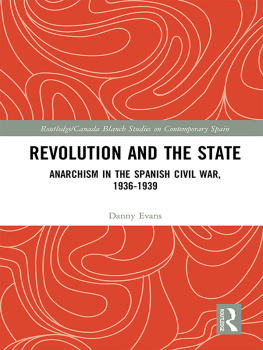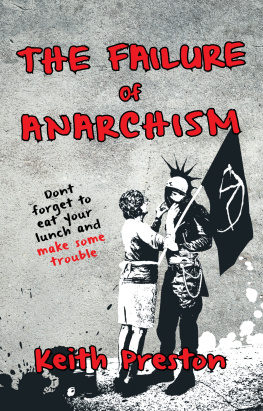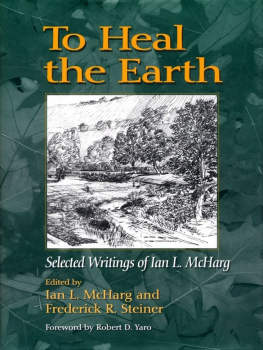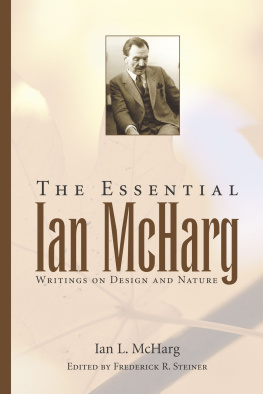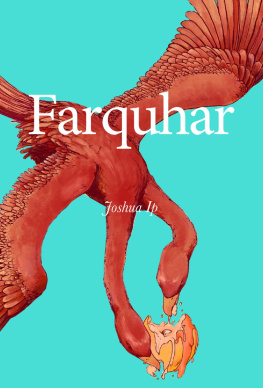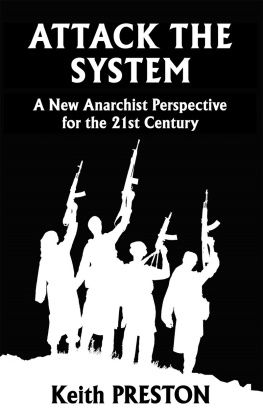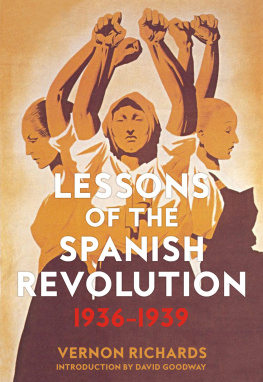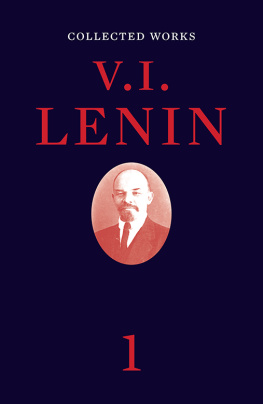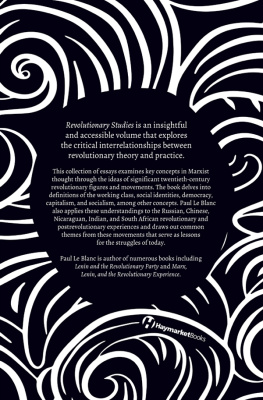
Pistoleros! The Chronicles of Farquhar McHarg I: 1918
Farquhar McHarg
2011 PM Press
All rights reserved. No part of this book may be transmitted by any means without permission in writing from the publisher.
ISBN: 978-1-60486-401-4
Library of Congress Control Number: 2010916483
Cover and interior design by briandesign
10 9 8 7 6 5 4 3 2 1
PM Press
PO Box 23912
Oakland, CA 94623
www.pmpress.org
Printed in the USA on recycled paper, by the Employee Owners of Thomson-Shore in Dexter, Michigan.
www.thomsonshore.com
Contents
Introduction
Pistoleros! 1: 1918 is the first volume of the memoirs and notebooks of Farquhar McHarg, a seventy-six-year-old anarchist from the Govan district of Glasgow, its writing prompted by the murder, in October 1976, of his lifelong friend, Laureano Cerrada Santos. McHargs Chronicles record his evolving beliefs and sense of mission, and the remarkable adventures he experienced from the day he sailed into the neutral port of Barcelona in the spring of 1918, a nave but idealistic eighteen-year-old, and 1976. Farquhars Chronicles are folk history, bringing the changes that shook the political and social landscape of Spain (and the world) between 1918 and 1976 into the framework of adult lifetime. They make a vexatious but fascinating story that provides a deep insight into the spirit that moved the selfless, generous, occasionally nave, and recklessly idealistic people who were involved in the bitter social struggles that marked the hectic insurrectionary and utopian aftermath of the great imperialist war of 1914-1918.
Contemptuous of traditional political parties and professional politicians, and inspired by the exampleand the mythof the Russian Revolution, these men and women aimed to rid the world of a cruel, corrupt, arbitrary, and oppressive political and economic system that abused authority and exploited, degraded, tortured, and murdered in the name of profit and power.
The transformation of the unworldly young Farquhar, in the climactic and rebellious years between 1918 and 1924, is fascinating to observe as he acquires consciousness and identity through his experiences in a world for which he is little prepared. The journey he embarks upon in these pages is not simply a personal memoir or an exploration of his own psyche; the many hitherto untold stories that unfold along his way provide profound understanding of the circumstances, thoughts, and deeds of people who tried to rescue the Europe of the twentieth century from the cycle of disaster, war, and death.
Stuart Christie
Hastings, 2011
Paris, Belleville, 18 October 1976
It was 11:15 p.m. on a wet October night in the heart of working-class Belleville. The tall, heavily built man with a weathered face and a shock of silver-grey hair that curled under a broad-brimmed black fedora stood alone at the zinc of the Caf de lEurope. For a man in his mid-seventies he was remarkably handsome. Deep in thought, his brow was furrowed and shoulders hunched as though expecting the heavens to fall, he was waiting for his friend Laureano to return from an urgent meeting with his lawyer.
The Caf de lEurope, a caf bistro in the Rue des Couronnes, was a friendly place, albeit in a slightly squalid, mind-your-own-business sort of way. It was late but the bar was still busyand noisy. The clinking and rattling of coffee cups, saucers, and spoons came accompanied by occasional explosions of pressurised steam escaping from the valves of the large brass- and eagle-mounted Gaggia espresso machine parked on the zinc counter like some extraterrestrial steam driven flying machine preparing for takeoff. In the background outbursts of laughter and raucous banter punctuated the murmured conversations. A professeur des parfums might have described the rooms blend of fragrances as that of freshly brewed coffee, cognac, beer, pungent tabac noir, and damp wool, with top notes of patchouli and 4711 Eau de Cologne, and a base note of stale sweat. It was Edward Princes local, a rendezvous for the dispossessed and hard-boiled desperadoes alike. Its clients were mainly immigrants from Frances old colonies of the Maghreb and Indochina, migr lowlifes, intriguers, hustlers, and incorrigible chancers who mingled indistinguishably with idealists, Les Justes, and plain ordinary folkcomplicated and uncomplicated: the good, the bad, and the banal.
During Bellevilles guinguette days of shady bars and dance halls, the Caf de lEurope acquired a certain reputation as a hangout for the neighbourhood gangsters known as Apaches. Not a lot had changed in the interval between then and now.
This man, known to everyone as Edward Prince, was the only Scot in the bar, a Govan man, a fact no one would have guessed so totally did he merge into his cosmopolitan surroundings. He was at home there with the rest of the human flotsam who drifted around the sociometric Sargasso Sea that was Pariss nineteenth arrondissement.
Edward was irritatedand worried. Laureano was very late. His appointment with Matre Dumas had been scheduled for eight oclock; it had been a last-minute meeting that was unlikely to have gone on for more than an hour.
A wave of melancholy, the unique, poignant melancholy of love known in Spain as duende, unexpectedly engulfed him as another face emerged from the pasthis Lara. Im becoming maudlin in my old age, he thought ruefully and with a barely audible sigh he drained the gritty dregs of his carajillo. Giving Laureano the benefit of the doubt, he pushed the cup across to the bartender for a last refill before heading home to the single end apartment in the nearby Rue des Cascades, his refuge for the past ten years.
As the bartender splashed the brandy into his cup, two gunshots, fired in rapid succession, rang out in the street outside. The babble of voices in the bar stopped as though someone had lifted the stylus from a gramophone record. Despite his age, Edwards reflexes kicked in and made him dive for cover. The sudden movement knocked his right knee cartilage out of place; the pain was excruciating. At first he thought hed been shot, but the pain slowly eased as he lay on the floor massaging the affected joint. The bar was a disaster zone. Chairs and tables were overturned as customers and bar staff sought cover, falling over each other in their panic to escape. The floor was awash with a broth of vin rouge, pastis, beer, coffee, and shards of broken glass.
Rolling over onto his good knee and putting all his weight against the floor with the palms of his hand, Edward succeeded in levering himself up and, keeping low, he made his way to the window. Across the road, he saw a shadowy group of half a dozen men silhouetted under the sulphurous yellow light of the street lamp. They were looking at a figure slumped on the pavement at their feet. A man in a dark topcoat was bent over the body, his features obscured by a broad-brimmed fedora. He had a gun in his hand. As he leaned closer, the figure on the ground lashed upwards with his fist, punching his would-be executioner in the face with a blow that was sufficiently forceful to knock off the mans spectacles. Unperturbed, the gunman retrieved them from the pavement, stood up and pulled a handkerchief from his coat pocket, studiously cleaning the lenses before adjusting them on his face. He dabbed gingerly at the blood trickling from his nose. Bending over his victim again, he spoke to the wounded man then raised his gun and fired another four shots at point-blank range. It was the
Next page
